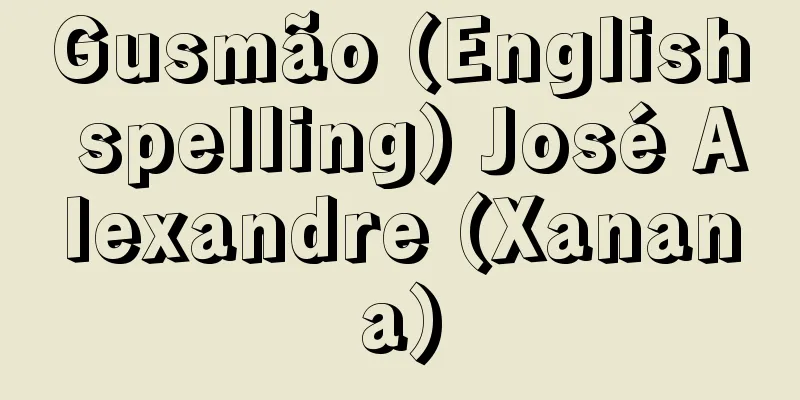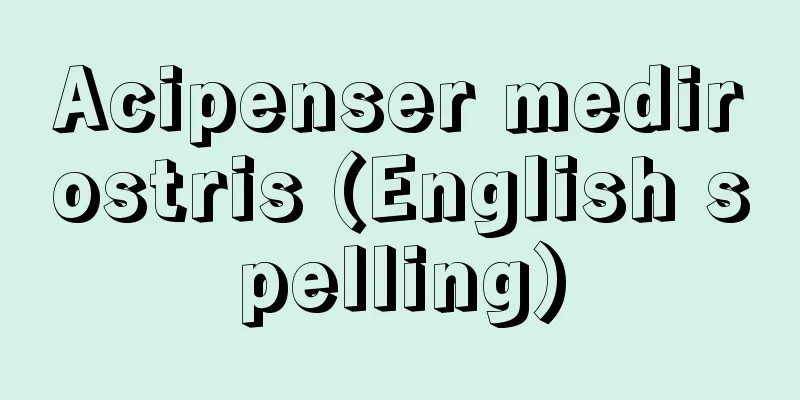Idea - Greek word for idea

|
A term from Platonic philosophy. A derivative of the verb idein, meaning "to see," it originally meant "that which is seen," a shape, a form, or even the form or type of a thing. In Platonic philosophy, it means a form seen by the eyes of the soul, not by the eyes of the body. When we look at the individual sensory objects and actions we perform in the flow of our daily lives, as separate and apart from themselves, they may appear beautiful and correct from one point of view, but ugly and wrong from another. However, an idea is always beautiful from any point of view, for example, the idea of beauty, and always correct from the point of view of the positive. In contrast to the polymorphism of individual sensory objects and individual actions (each of which can accept various and opposite predicates), the idea's monomorphism and unity are its characteristics. It is believed that the "vision" of reason in the soul is realized through its relationship with the idea. Therefore, if individual objects are beautiful or correct, it is not because they are beautiful or correct in themselves, but because they share in the idea of "beauty" or "positive" (theory of sharing). He also said that the world, which seems to be constantly in flux and changing, is formed according to ideas and with ideas as models (theory of models). He also said that such knowledge of ideas is already given to the soul in its original life, and that it is forgotten in everyday life, but is recalled by seeing similar things in the things we sense (theory of recollection). In this way, ideas limit the beginning and end of the movement of knowledge (= philosophy) that the soul initiates in an attempt to restore its original state (= truth), and make the movement of knowledge possible. The "idea of beauty" and the "idea of the positive" are typical of such ideas. However, in Plato's works, ideas are also spoken of in formal or mathematical matters such as "equality," "greater," and "lesser," as well as ethical matters such as "piety" and "temperance," and even in artificial objects such as a "bed." Therefore, the question of "what Plato's Idea is" has become a subject of debate among scholars. Ideas are often used with the word "itself" added, for example, "beauty itself" or "equality itself." When there is a universal term, it is sometimes thought that the universal that the term refers to is an idea. This is the interpretation that Aristotle, a student of Plato, took when criticizing the theory of ideas, and it has been followed ever since, leading to the criticism that ideas are the realization of universal concepts or that it is conceptual realism. However, the true meaning of the theory of ideas is thought to have its origin in Socrates' wisdom. For Socrates, the only way of human wisdom is to ask what is the greatest thing for humans, and this question is a fundamental question that knows that this greatest thing is not yet known. What limits the search for wisdom related to this greatest thing at its beginning is individual ideas, and what grounds the wholeness of this relationship at its end is the "idea of the good." Thus, ideas are what appear as the source that asks questions on the path of wisdom, and are the manifestation of the very source that questions all existence in this world, including the existence of the one asking the question. [Nobuaki Kato] Source: Shogakukan Encyclopedia Nipponica About Encyclopedia Nipponica Information | Legend |
|
プラトン哲学の用語。「見ること」を意味する動詞イデーンideinの派生語で、本来は「見られたもの」、形、姿、さらに物の形式や種類をも意味した。 プラトン哲学では、肉体の目によってではなく、魂の目によって見られる形を意味する。日常の生の流れのなかでわれわれのかかわる個別の感覚事物や、われわれのなす個別の行為は、それらをそのもの自体として切り離してみるとき、いずれも、ある観点からみれば美しく、正しいものであっても、他の観点からみれば醜く、不正なものとして現れてもくるが、イデアはいかなる観点からみても、たとえば、「美のイデア」についてはそれはいつも美しく、「正のイデア」についてはそれはいつも正しい。個別の感覚事物、個別の行為のもつ多姿性(それぞれが多様な、かつ、反対の述語を受け入れうること)に対して、イデアのもつ単姿性、単一性がその特性である。イデアとのかかわりによって魂のうちにおける理性の「視」が成り立つと考えられる。そこで、個別の事物が美しいものであり、正しいものであるとすれば、それは、これらのものがそのもの自体として美または正であることによってではなく、それらが「美」または「正」のイデアを分有することによってであるとされた(分有説)。また、絶えず流動変化していると見える世界は、イデアにのっとり、イデアを範型として形成されるとも語られた(範型説)。さらに、このようなイデアの知は魂の本然の生のうちにすでに与えられているものであり、それが日常の生のうちでは忘却されているが、感覚される事物のうちにこれと似たものを見ることによって想起されてくるのだともされた(想起説)。こうして、イデアは、魂がその本然のあり方(=真)を回復しようとしておこす愛知(=哲学)の運動をその端初と終端において限定して、愛知の運動を成り立たせるものである。「美のイデア」「正のイデア」はこういうイデアの典型である。しかしプラトンの著作のなかには、ほかに「等」「大」「小」というような形式的または数学的な事柄、また「敬虔(けいけん)」「節制」というような倫理的な事柄、さらに「寝台」というような人工物についても、イデアが語られている。そこで、「プラトンのイデアを何であると考えるか」は、学者の論争の的となっている。 イデアは多くの場合、「そのもの」ということばを付して、たとえば、「美そのもの」「等そのもの」というように用いられる。そこで、普遍的な名辞があるとき、その名辞の意味する普遍者がイデアであると考えられることがある。これは、プラトンの弟子アリストテレスが、イデアの説を批判するときにとった解釈であるが、その後も踏襲され、イデアは普遍概念の実体化であるとか、概念実在論であるとか、という非難が浴びせられてきたのである。 しかし、イデア論の真義は、ソクラテスの愛知のうちにその淵源(えんげん)をもつと考えられる。ソクラテスにおいて人間的な知恵の唯一のあり方は、人間にとっての最大事を問うことの内にあるが、この問いは、この最大事がまだ知られていないと知る根源的な問いかけであるが、この最大事へとかかわる愛知の探求をその端初において限定するものが個々のイデアであり、このかかわりの全体性を終端として根拠づけるものが「善のイデア」である。こうして、イデアとは、愛知の道行きにおいて、問いを問わせている根源として示現してくるものであり、問うものの存在を含めて、この世界いっさいの存在を問い返してくる根源そのものの示現の姿なのである。 [加藤信朗] 出典 小学館 日本大百科全書(ニッポニカ)日本大百科全書(ニッポニカ)について 情報 | 凡例 |
<<: Ideal - Ideal (English spelling) German
Recommend
Ogami Island
An island located about 4 km north of Shimajiri Fi...
royal lily
...Also called Hime Sayuri, it is slightly smalle...
Potential meter - Electrical meter
An instrument that measures the potential differe...
Tabes dorsalis - Tabes dorsalis
A disease that affects the posterior columns, dors...
Wild Geese
⇒ Kari (wild goose) room Source: The Selected Edit...
Arisaema iyoanum (English spelling) Arisaema iyoanum
… [Mitsuru Hotta]... *Some of the terminology tha...
Aigyptos (English spelling)
In Greek mythology, he was the son of Poseidon'...
Perianal abscess - perianal abscess
This is a condition in which an abscess forms aro...
Kasedori - Kasedori
For example, the reason why swellings on the eyel...
Recommendation Short - Kankokusoutan
An administrative agency recommends that businesse...
Garabo Incident
…After that, there was no patent system until 188...
Physiocracy - English spelling: physiocracy
Physiocracy refers to economic theories and polic...
Myriapods - Tasokurui
Among the five classes of arthropods that have ad...
Anegakoji family
→Anekoji Source : Heibonsha Encyclopedia About MyP...
Kawachiyama Soshun
?-1823 A tea boy from the late Edo period. He was...









